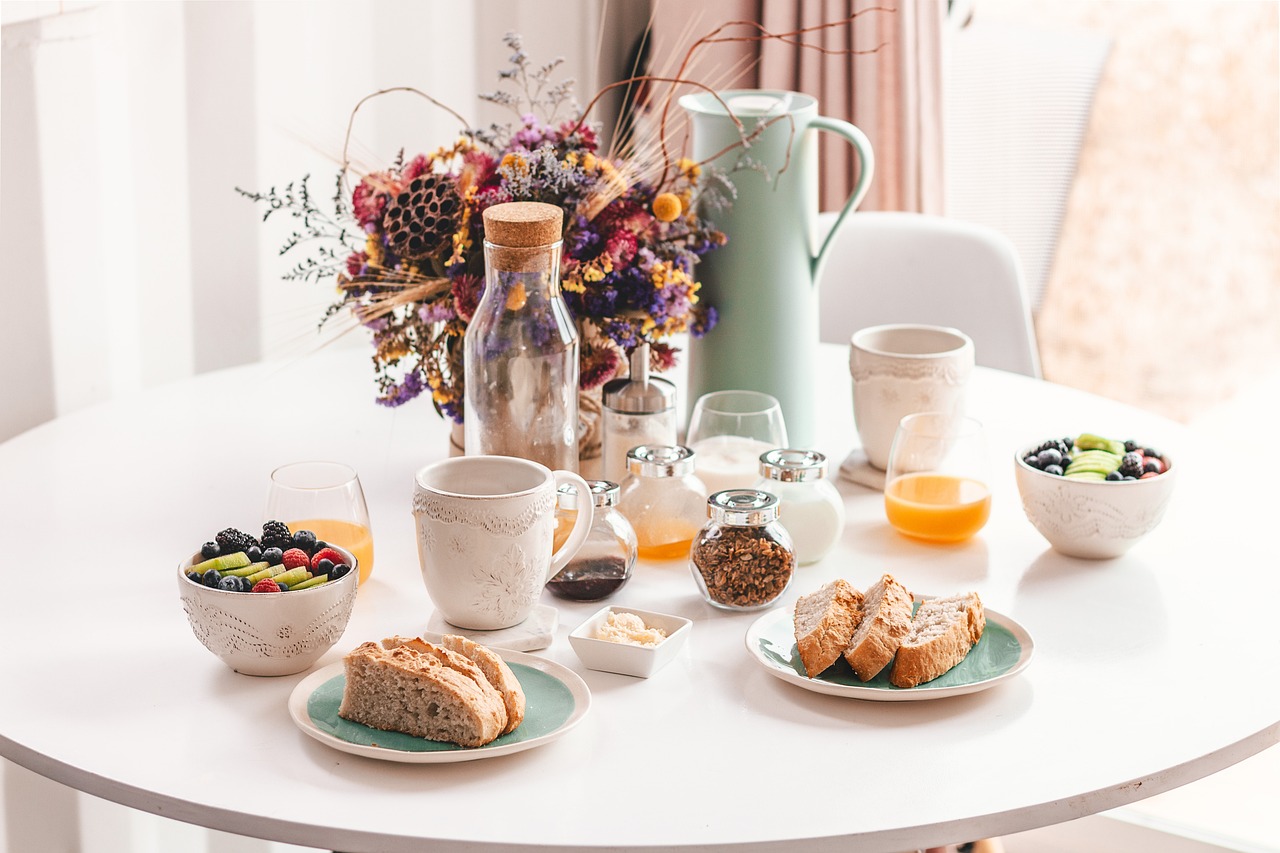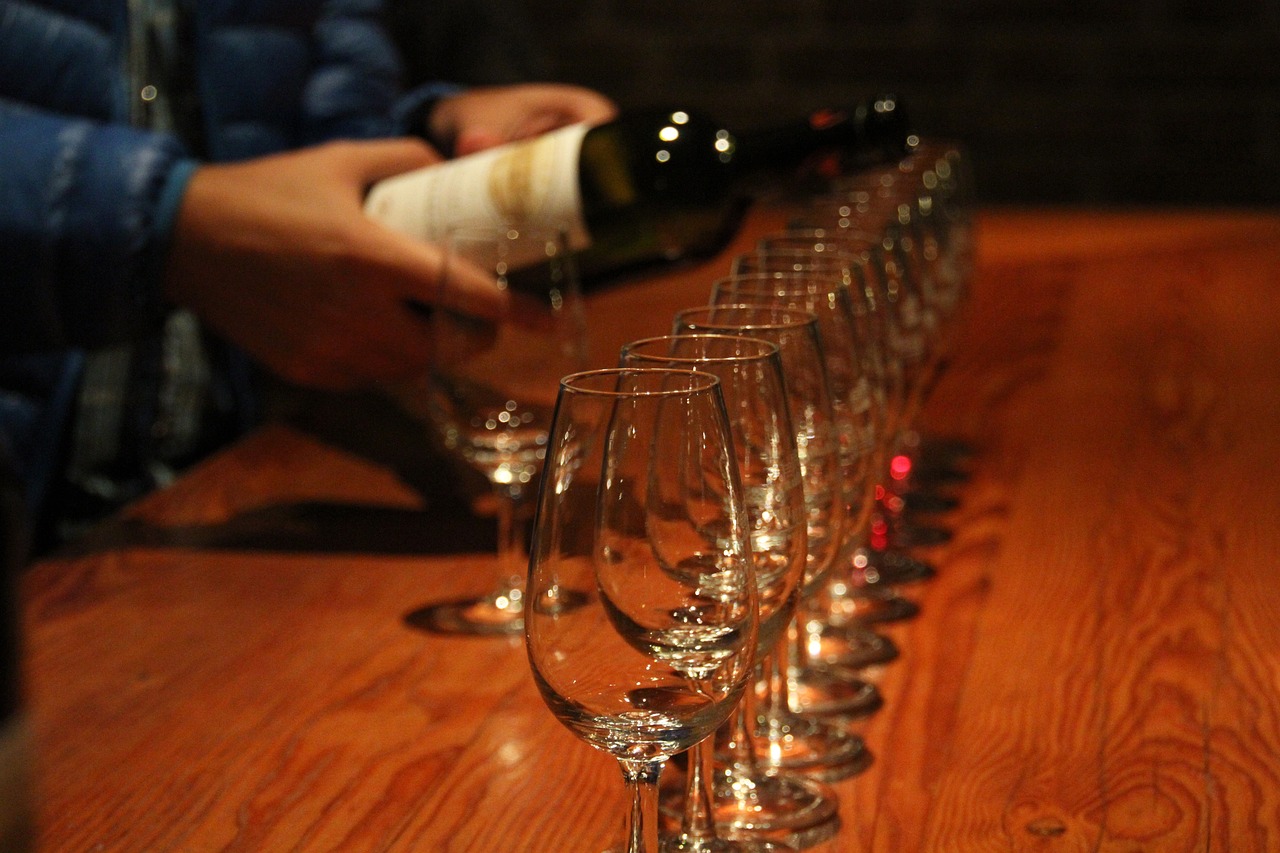
Offering a table d'hôte is an interesting option to explore as a way of diversifying your income. However, before taking the plunge, it is essential to understand the advantages and disadvantages of this complementary activity. In this article, we'll look at the various aspects of the profitability of table d'hôte as a complement to bed and breakfast.
One of the main advantages of offering a table d'hôte is the increase in income. By offering meals to your guests, you can generate additional income compared with simply renting out rooms. Guests are often prepared to pay extra for home-cooked meals, especially if they are of high quality and typical of the region.
Offering a table d'hôte also helps to build customer loyalty. Customers who appreciate the quality of the meals and the friendly atmosphere are more likely to come back and recommend your establishment to their friends and family. This can lead to an increase in the occupancy rate of your guest rooms.
The table d'hôte is an excellent way of showcasing local produce and promoting the region.  By offering meals made from fresh, local produce, you can offer your customers an authentic experience. It can also enhance the image of your establishment and attract customers looking for authenticity.
By offering meals made from fresh, local produce, you can offer your customers an authentic experience. It can also enhance the image of your establishment and attract customers looking for authenticity.
The regulations governing table d'hôtes are strict and must be complied with to avoid any legal problems. For example, the number of guests must not exceed 15, and the meal must be served at the family table. In addition, a single menu must be offered, and prices and allergens must be clearly displayed.
Offering a table d'hôte requires a substantial investment of time and money.  Not only do you have to prepare the meals, you also have to manage the supplies, the kitchen and the service. This can represent a significant workload, especially if you already run a bed and breakfast. What's more, you may need to invest in kitchen equipment and comply with current hygiene standards.
Not only do you have to prepare the meals, you also have to manage the supplies, the kitchen and the service. This can represent a significant workload, especially if you already run a bed and breakfast. What's more, you may need to invest in kitchen equipment and comply with current hygiene standards.
Managing stocks and supplies is another challenge. It's essential to ensure that you always have the ingredients you need to prepare meals, while avoiding wastage. This requires rigorous organisation and a good knowledge of local produce and its seasonality.
Before launch, It's important to assess the demand for table d'hôte in your region. You can carry out a market study to find out what potential customers expect and whether the competition is already well established. This will enable you to determine whether offering meals can really increase your turnover.
To be successful, it's essential to offer your customers a unique experience. This means not only the quality of the food, but also the atmosphere and service. For example, you could organise themed evenings, local wine tastings or cookery workshops. The aim is to create a convivial and memorable moment for your customers.
For example, you could organise themed evenings, local wine tastings or cookery workshops. The aim is to create a convivial and memorable moment for your customers.
To make your table host cost-effective, it's crucial to optimise the management of your business. This includes managing stocks and supplies, as well as the time spent in the kitchen and serving. You can, for example, automate certain tasks or call on external service providers to help you.
In conclusion, offering a table d'hôte as a complement to bed and breakfast can be profitable, as long as you assess the demand carefully and organise your business efficiently. Not only can this activity increase your income, it can also build customer loyalty and promote the local area. However, it does require a substantial investment of time and money, as well as good stock and supply management. By following these tips, you can offer your customers a unique experience and make your table d'hôte a real asset to your establishment.
1. How profitable is a bed and breakfast?
2. Formalities for opening guest rooms
3. How do you set up a guest house?
4. What budget do you need to open a bed and breakfast?
5. Taxation of bed and breakfast establishments
6. What status should guest rooms have?
7. What licence is required for a chambre d'hôte?
8. What services are available for chambres d'hôtes?
9. How do I choose a bed and breakfast platform?
10. Bed and breakfast labels
11. Operating guest rooms as a company
12. Furnishing and decorating a guest room
13. Classification of guest rooms
14. What is the ideal number of rooms for a bed and breakfast business?
15. How do you communicate effectively for a bed and breakfast?